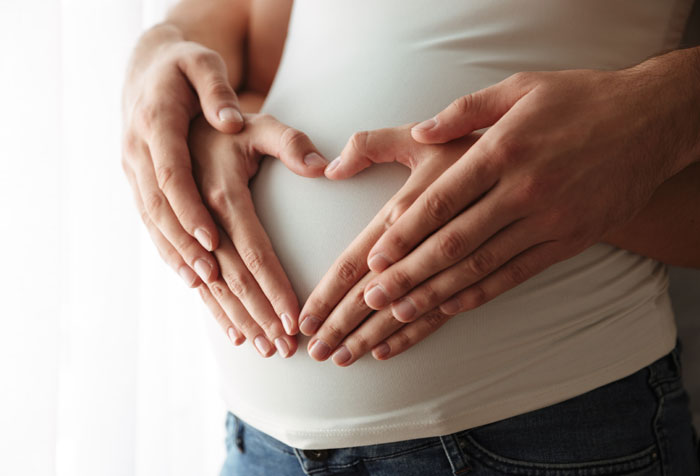(Dr. Anupama.R, Director & Chief Consultant reproductive medicine, PRAN Fertility centre, Trivandrum.)
Blood group is man’s complete and unchangeable identity. The ABO and Rh groups are recognized as major and clinically significant blood groups. Blood group antigens are not only important in relation to blood transfusion and organ transplantation, but also have been utilized in genetic research, anthropology and tracing ancestral relation of humans. Scientists have found a woman’s blood type could affect her fertility and influence her chances of getting pregnant.let us see how it is.
More than 560 women with an average age of 35 undergoing fertility treatments took part in the research, led by experts from Albert Einstein College of Medicine in New York and Yale University. Blood samples were taken to measure levels of follicle stimulating hormone (FSH), a known marker of fertility in females.FSH levels greater than 10 suggest a woman will have more difficulty conceiving than those whose levels are under 10.A high FSH level indicates a diminished ovarian reserve, which means poor egg quality in her and the number of eggs left available for fertilization will be less for her.
Ovarian reserve tends to decline significantly as a woman reaches her middle and late 30s and faster in the early 40s. Women are born with their entire egg reserve — about two million eggs and they do not produce more after birth. This number drops throughout life, but the decline speeds up rapidly after the age of 37 and by the time a woman hits the menopause, only around 10,000 eggs are left behind in her. It might sound a lot, but these eggs are of poor quality also.
The study found that women who were blood type O were twice as likely to have an FSH level greater than 10 as those in any other blood group. Meanwhile, those with blood group A were “significantly less likely” to have an FSH level greater than 10 than those who were blood group O.Some 44% of the UK population are blood group O and 42% are type A. Hence the chance of low fertility is more in O group females. Blood groups have an association in male fertility also.
A total of 1,521 patients along with 460 proven fathers as controls were recruited for the study from both rural and urban areas of Pakistan during 2002 to 2006. The preliminary study revealed that the prevalence of male infertility in blood group O is invariably higher than in all other ABO blood groups, showing a strong relationship between blood group O and male infertility. Hence blood group is not only man’s complete and unchangeable identity but also has significant implication on fertility potential.


 Call Us
Call Us